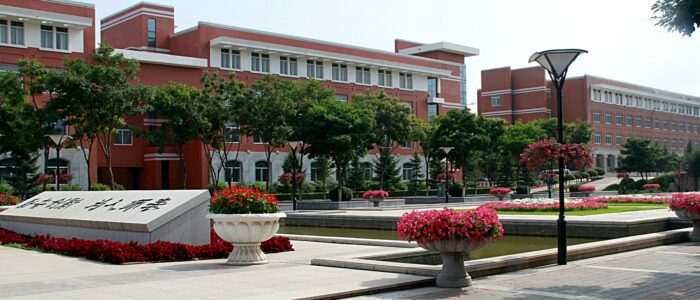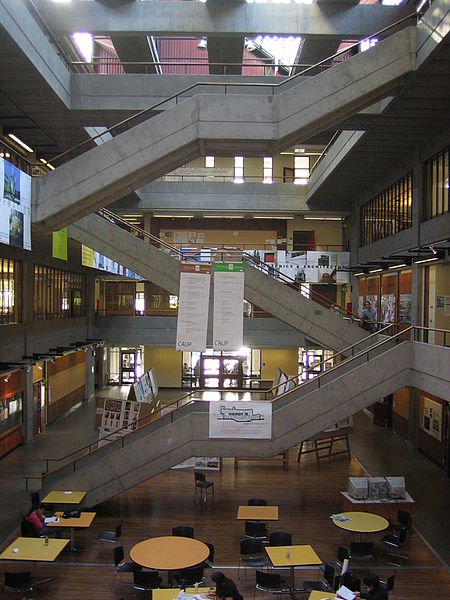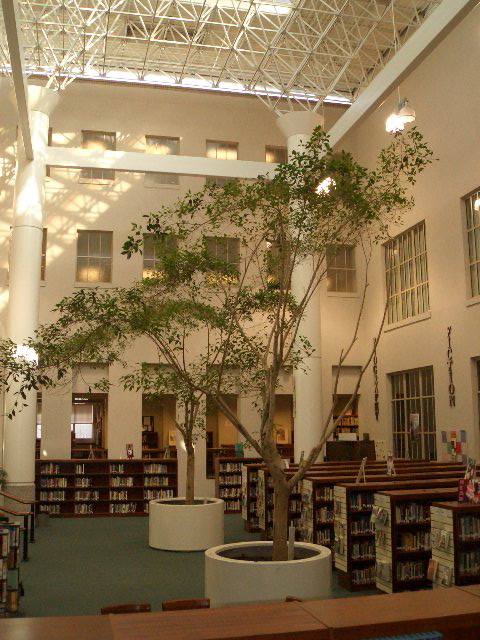Baseball and Softball Fencing
- Home Page 445

Smart Manufacturing
This content is accessible to paid subscribers. To view it please enter your password below or send mike@standardsmichigan.com a request for subscription details.
ISO | Sustainable Finance
This content is accessible to paid subscribers. To view it please enter your password below or send mike@standardsmichigan.com a request for subscription details.
ANSI | Standards Boost Business
Noticed or un-noticed, standards are a part of our lives. If you standardize everything, you dampen innovation. If you standardize nothing, the result is non-interoperable clusters that are not easily integrated. Redundancy and destructive competition results in a lower-quality “deliverable”.
The difficulty the education education industry the United States has had in controlling its costs through consensus standardization processes lies in its ambivalence about whether it is a “culture” or a “business”. It is a little of each. We believe that a great deal of the cost structure of the US education industry could be managed by participating in ANSI standards processes and conforming to the leading practice discovery that results. Headwinds for fully realizing this possibility come from both the cultural and business side.
ANSI | China Standardization



As explained here over the past several years, the US education industry is a significant stakeholder in the development of international technical and business standards through the American National Standards Institute (ANSI). Now comes another opportunity to collaborate with the Standards Administration of the People’s Republic of China (SAC) through ANSI. At the moment we are not advocating any #TotalCostofOwnership concepts for the safety and sustainability of the emergent #SmartCampus we feel that, given our tenure in infrastructure standards advocacy (see ABOUT) we should at least pass on what we know to education industry administrators, faculty, students and their supporting communities about other policy-oriented collaborations. ANSI’s collaboration with the SAC is important to at least understand what is happening for the following reasons:
- Many students and faculty originate from China
- Many academic units, healthcare research and clinical delivery enterprises purchase Chinese products and services.
- Many research universities are stakeholders in intellectual property rights.
- The emergent #SmartCampus will be inspired by the Smart and Sustainable City initiatives undertaken by the International Organization for Standardization, the International Electrotechnical Commission, and the International Telecommunications Union which include China.
We cite the absence of the US education industry as a US TAG Administrator on the ISO Educational Organization Management standard as a primary example of US education industry indifference. We have suggested that an industry which seeks international revenue — and can do a better job controlling its costs — could transform itself in a fashion similar to the way the global automotive manufacturing industry transformed itself thirty-odd years ago with the deployment of the ISO-9000 series of management standards. (Learn more HERE)
With or without the education industry then, the American National Standards Institute continues its discussions with the Standards Administration of the People’s Republic of China on enterprise standards on July 17th in Hangzhou, China. Specifics are linked below:
ANSI-SAC Industry Roundtable on Enterprise Standards
ANSI’s update on international standards action can be found at this link: ISO/IEC/ITU coordination – New work items
We keep all international standards relevant to the education industry on the standing agenda of our Open Door teleconferences — every Wednesday, 11 AM Eastern time. Everyone is welcomed. CLICK HERE to log in.
Issue: [Various]
Category: Academics, International, Public Policy, #SmartCampus, US Department of Commerce, National Institute of Standards & Technology
Colleagues: Mike Anthony, Christine Fischer
S. Joe Bhatia explains the status of US education industry in a talk at the University of Michigan Ross School of Business in May 2016.
Posted January 12, 2018 (China Standardization Law)



The National People’s Congress of the People’s Republic of China officially promulgated China’s Standardization Law on November 4, 2017. The original Chinese version can be accessed on the China legislature site.
The American National Standards Institute(ANSI) has been closely monitoring the rollout of the reform of China’s standardization system, and has actively engaged the Chinese government throughout the process of updating the standardization law.
The Standardization Law serves as the legal underpinning for China’s system, and its revision (the first since 1988) is a major component of China’s ongoing standardization reform initiative. ANSI’s comments on the revisions issued in March 2016, May 2017, and September 2017 are available on the Institute’s Sharepoint library.
ANSI has prepared a reference translation for the final law, which tracked the changes since the last draft, as a courtesy available to ANSI members only.
Changes in the standardization law from the version released in September 2017 mainly comprise restructured provisions. There are some promising additions such as the state encouraging the extensive seeking of comments in the development of standards (Article 4), and the clarification that standards would be reviewed every five years (Article 29). However, ANSI believes that more can be done in addressing the following concerns which were conveyed in earlier comments:
– Referencing and upholding the World Trade Organization (WTO)’s Technical Barriers to Trade (TBT) Agreement;
– Limiting and focusing the self-disclosure requirements for so-called “enterprise standards”;
– Including more language on fair and open participation in standards development activities;
– Clarifying the circumstances under which one type of standard might become another type of standard; and
– Referencing the copyright law.
With the law entering into force in 2018, ANSI will continue to reiterate these concerns to the Chinese government through ANSI’s China program and will continue to monitor the overall implementation of China’s standardization reform.
For more information on ANSI’s China program, please visit www.standardsportal.org. Questions may be directed to china@ansi.org.
Link to ANSI January 12, 2018 Update: (Click here)
Link to the original ANSI November 11, 2017 posting: (Click here)
IBC | Atrium Safety & Sustainability
The International Code Council released the 2018 Report of the Committee Action Hearings on the 2018 Editions of the Group A International Codes three weeks ago. The 313 page monograph linked below contains the results of the balloting of all Group A codes:
Report: 2018 – 2019 Code Development Cycle Group A
Public comments are due July 16th. These concepts will eventually be incorporated by reference into state building codes and thereby affect #TotalCostofOwnership. We encourage architects, engineers, education facility managers, shop foremen and front line tradespersons to set up a (free) cdpAccess account at THIS LINK to begin commenting on the monograph.
Today we continue our examination of the results of the spring committee action hearings with special attention to atrium safety and sustainability concepts. Atriums are large open air or skylight covered spaces surrounded by a building. Atrium are a popular design feature because they give their buildings a feeling of space and light while also providing shelter from the external environment and maintaining a visual link with that environment. Learn more HERE
Designers enjoy the opportunity to create new types of spaces in building but special consideration must be given to control of the spread of fire. Atriums allow fire to spread to a building’s upper stories more quickly which has implications for egress paths. Atrium means of egress considerations inform the application of all other building technologies such as mechanical, electrical, fire protection and security systems. Egress concepts developed by the ICC are conveyed into the NFPA suite of fire safety standards. Mechanical systems design — informed by the American Society of Heating & Refrigeration Engineers (ASHRAE) — must support the smoke control objectives of the NFPA’s fire safety consensus documents. IEEE Standards Association documents developed by IEEE 3006 Power Systems Reliability Working Group provide reliable backup power deliver energy to all atrium safety technologies. It is noteworthy that the ICC, NFPA, ASHRAE and IEEE documents develop on different schedules and update intervals*.
A listing of atrium safety concepts that appear in the monograph has been distilled by the ICC Building Code Action Committee and is linked below:
ICC BCAC Committee Draft for 2021 IBC for Atrium Provisions
We have set aside two working sessions to examine and prepare responses to the ICC invitation for public comment ahead of the July 16th deadline:
July 12th: 11:00 AM – 12:00 PM
June 21st: 11:00 AM – 12:00 PM
Additionally, we keep all ICC consensus products on the agenda of our weekly Open Door teleconference (which we host every Wednesday, 11 AM Eastern time). Anyone is welcomed to join us with the login information linked below:
* Advocating #TotalCostofOwnership concepts across the out-of-step standards action of four different consensus document developers in 50 different states; each with their own adoption schedule is the raison d’être of StandardsMichigan.COM.
CSA Group | Canadian Standards
This content is accessible to paid subscribers. To view it please enter your password below or send mike@standardsmichigan.com a request for subscription details.
IEEE I&CPS Color Book Update
This content is accessible to paid subscribers. To view it please enter your password below or send mike@standardsmichigan.com a request for subscription details.
From Our Archive | National Technology Transfer & Advancement Act
Online discussion about the National Technology Transfer & Advancement Act generally, and building codes specifically, with Fred Grable of the International Code Council
IEC TC 3 | Identification and marking principles
This content is accessible to paid subscribers. To view it please enter your password below or send mike@standardsmichigan.com a request for subscription details.
New update alert! The 2022 update to the Trademark Assignment Dataset is now available online. Find 1.29 million trademark assignments, involving 2.28 million unique trademark properties issued by the USPTO between March 1952 and January 2023: https://t.co/njrDAbSpwB pic.twitter.com/GkAXrHoQ9T
— USPTO (@uspto) July 13, 2023
Standards Michigan Group, LLC
2723 South State Street | Suite 150
Ann Arbor, MI 48104 USA
888-746-3670
















